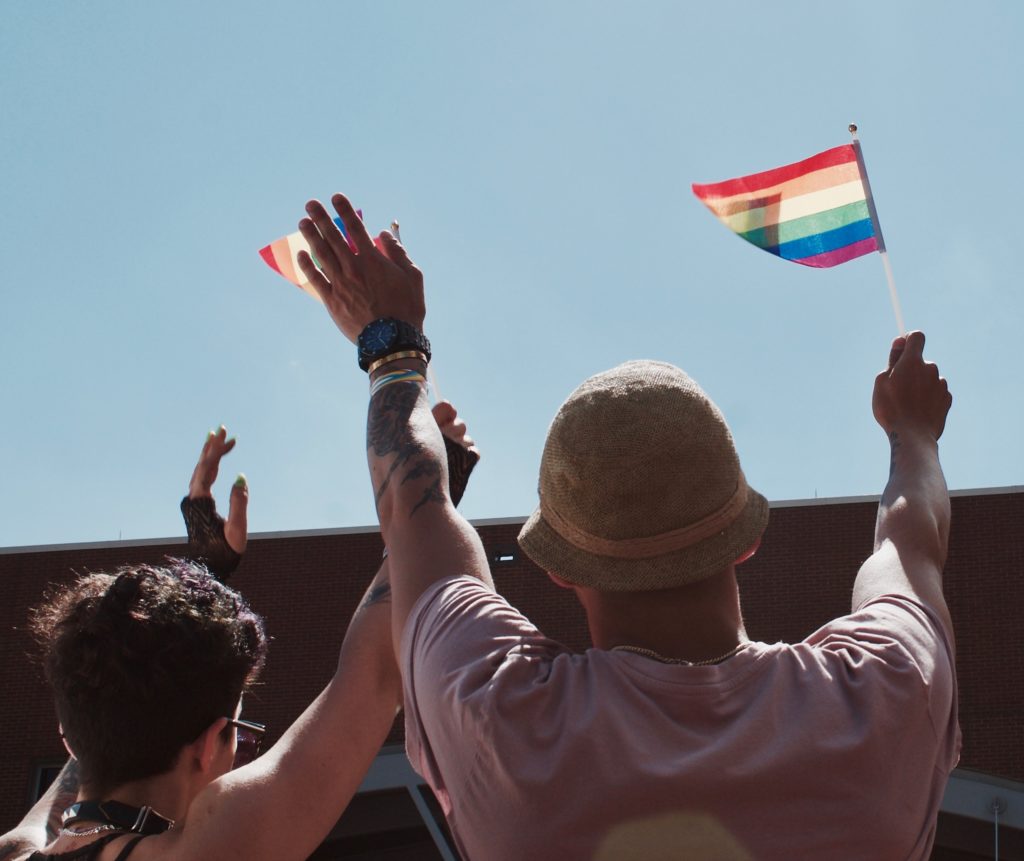Words are powerful. Our choices of words in our day to day conversations can convey a sense of support for someone. Pronouns refer to the participants in a conversation or action. They can be words like “you” or “me,” and words that describe other people, such as “he,” “she,” or “they.” Gender pronouns are words that describe the person in relation to their gender identity. Using the proper gender pronouns is an important part of creating an inclusive society, and is one of the easiest ways to validate a person’s existence, to let them know you see them and that they matter.

Laverne Cox notably said “Misgendering a trans person is an act of violence”. Misgendering people (identifying a person with the wrong pronouns) perpetuates the harmful belief that a person’s gender identity doesn’t matter. It reinforces cissexism and transphobia as foundations of our society. Like all forms of violence, the most violent expressions of cissexim or transphobia are built on a pyramid of prejudiced beliefs against trans, non-binary, and gender non-conforming folks.
By addressing the roots of these beliefs we can make the world safe for everyone, and an important step is using a person’s proper gender pronouns.
National surveys have found that in K-12 schools and the workplace, transgender individuals are harassed because of their gender identity or expression. To counter this, there are several easy things you can do to support trans folks in your community through the practice of honoring gender pronouns.
This can include things like:
- Identify your pronouns when you introduce yourself. This sets an inclusive tone and flags you as a person who respects and honors gender pronouns.
- Make a quick and sincere apology if you make a mistake with gender pronouns and then move on. Avoid making a big deal of mistakes, this may just make the situation more awkward and uncomfortable for the person.
- Avoid assumptions about a person’s gender identity. Listen for how other people describe this person or wait for pronouns to naturally come up. If this doesn’t help then you can simply say “My pronouns are…What are yours?”
- Mirror the other person’s language. Listening to the language people use to describe themselves, and then using it yourself is one of the easiest ways to respect how that person identifies.
Changing a culture of violence involves changing the culture that creates violence to begin with. Small, everyday acts of acceptance and celebration of diversity through our language are some of the most powerful tools available to us to end sexual violence.
Sharing is caring! Review our sharing policy.
